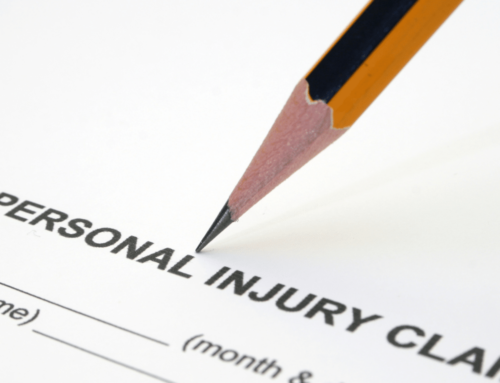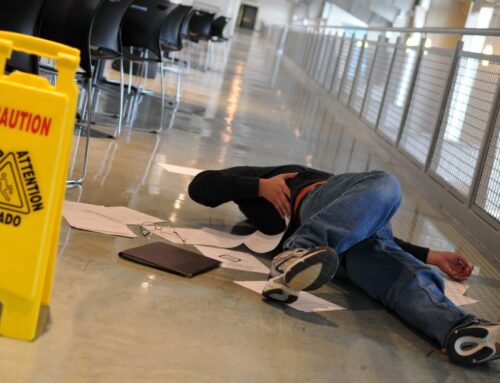What is Product Liability?
The definition of product liability is a manufacturer’s or seller’s liability for any damages or injuries suffered as a result of a defective product. The law of product liability provides for financial reparation for product related injury to people or their property. It applies in instances where insufficient level of someone else’s conduct contributes to the injury. For help with this type of case, you need an experienced product liability attorney.

CT Product Liability Attorney
How Long to File a Product Liability Claim?
Connecticut’s product liability act section 52-577a ensures victims have three years to make a product liability claim. This is the rule regardless of whether the victim suffered injury, death or property damage. It’s timed from the date of injury, based on a reasonable period of when it should have been discovered. With that said, the date of filing should not exceed ten years from the date the prospective;y liable party parted with product possession.
What Kind of Product Liability is Covered?
In Connecticut, product liability claims can be “based on negligence, strict liability and breach of warranty”. Claims for design or manufacturing defect, or failure to provide warnings are typical claims filed by a product liability attorney.
What is the Limit for Product Liability Damages?
When you’re dealing with lost earnings, fringe benefits, business profits and household services, there are ways to recoup your losses. Knowing what the cap for those losses are would be helpful. There is good news for concerned victims. Connecticut doesn’t cap damage compensation, though punitive damages can’t exceed twice the damage compensation. That seems clear enough, however, Connecticut personal injury lawyers have been debating that rule for years.
The debate centers around the original CT common law doctrine which has been in effect for a century. It allows punitive damages to be calculated according to the expense of litigation. This includes reasonable attorney fees, less taxable costs. Then, in 1979, the GA enacted the Connecticut Product Liability Act. The CPLA was crafted in an attempt to address concerns about adverse business atmosphere created by rising litigation costs. If you have questions regarding damages limits, you should ask your attorney and to advise you.
What are Types of Product Liability Claims in CT?
There are three typical categories of suits filed by a product liability attorney.
These include:
- Defective manufacture, describes a situation wherein a flaw is developed during the manufacture of a well-designed product.
- Defective design is when the plaintiff alleges that there is something flawed about the manufacture’s design. In these claims, normal consumer expectations are considered, as well as the design benefits versus risks.
- Failure to provide adequate warnings or instructions concerning the proper use of the product. Manufacturers allegedly have a responsibility to warn users of unduly dangerous qualities of the product.
What is the Purpose of a Product Liability Case?
Product liability attorneys file cases to provide the victims of dangerous products recourse for injuries from product usage. Whether the product manufacturer or seller intended the danger is irrelevant to the product liability code. The point is to protect victims from harm originating from product usage. Qualifying factors impact product liability claims. Attorney Keith Anthony has case experience as a product liability attorney as well as in other personal injury cases. Rest assured, helping victims to receive compensation for the harm done to them drives the Keith Anthony team.
Please note, this article is offered for informational purposes only and is not to be construed as legal advice.
If you have questions or feel you may need a product liability lawyer, please contact Attorney Keith Anthony here. On the other hand, if you prefer to call, you can reach Keith at (860) 333-6455 for a free consultation about your case.




